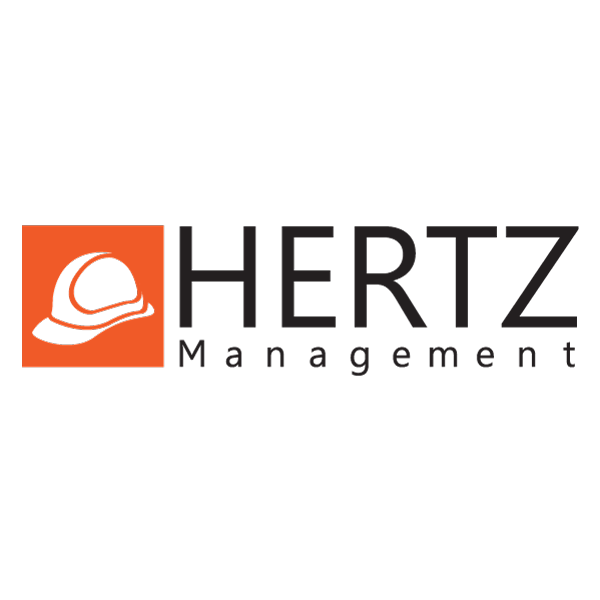


MAIN CONSTRUCTION & COST MANAGEMENT FUNCTIONS
PROJECT & COST PLANNING
Detailed planning is key to a successful endeavor and it is the first stepping stone of any project. By reviewing existing documentation and assessing certain and potential project development costs, our teams map out the development stages and milestones required to reach the successful completion of each project. Together with the project planning tools put in place to anticipate outcomes of the project and manage available resources, progress can be tracked throughout the development of the project and costs can be kept in check.
VALUE ENGINEERING
Value engineering is a method used to improve the ratio of function versus cost, a structural and analytical process that seeks to achieve best value for money. Value can be manipulated by either improving function or reducing cost, without impacting basic functions. This means analyzing market conditions and the project's lifetime projections and finding the most practical and cost effective solutions for each project.
PROJECT & COST MANAGEMENT
Your satisfaction with the construction process and the final product are heavily dependent on certain key building process factors. There are three factors that affect the type of procurement method for your project - quality of work, speed and cost. Our project managers act as the Client’s interface with the general contractor & subcontractors, permanently analyzing and updating the project timetable, managing all building processes and milestones, while using tools to control cost and quality, manage risks and potential disputes.
Our tailor-fit project management tools and techniques include:
• Implementing Client standards for quality.
• Monitoring progress of the works against the contract construction schedule.
• Coordinating the general contractor, subcontractor and designer activity to fit planning.
• Analyzing and providing solutions for any issues likely to affect the design, schedule, cost of the work.
• Managing procedures for works inspection and testing.
• Preparing and issuing certificates for payment to the general contractor in accordance with contract requirements.
• Review and analysis of current or delay/additional payment claims and advising Client.
• Advising Client and proactively managing and attending the handover process.
SITE MANAGEMENT & PROCUREMENT
Monitor progress of the works against the contract construction schedule and constantly report on status.
Report on: performance of the general contractor, issues likely to affect the design, schedule, cost of the work, any disputes, arbitration or terminations, actions or incidents likely to affect safety or security.
Issue instructions to contractors in accordance with Project Plan and Client standards.
Manage procedures for works inspection and testing.
Prepare and issue certificates for payment to the general contractor in accordance with contract requirements.
Evaluate any claims for delay and additional costs made by the general contractor and advise Client.
Coordinate and advise on procurement issues.
QUALITY & RISK MANAGEMENT
Risk management prevents and/or corrects any negative deviations from the Client’s project requirements. Its tools include constant assessment, containment and immediate correction of flaws.
Quality management includes setting and managing procedures for implementing market standards and Client requirements to the type of construction, quality of materials and standard of workmanship. In addition, our site inspectors closely follow guidelines to supervise and control labor and materials according to applicable legislation.
DISPUTE RESOLUTION
Disputes can cost both the contractor and the client and can disrupt the entire project.
Construction disputes arise due to:
• Lack of understanding of the conditions of the contract.
• Delays on a contract.
• Failure to administer the contract.
• Unsubstantiated or incomplete claims being made by the parties involved.
In order to reduce the possibility of disputes arising, proactive steps can be taken before the project begins:
• Significant upfront planning & carefully understanding the contract.
• Negotiate clauses that are potentially problematic.
• Diligence for estimates, schedules, contacting subcontractors, making important orders, etc.
• Make sure schedules are realistic and executable and plan for delays and disruptions.
• Document any issues and challenges that arise during the execution.
• Identify risks in advance and consult specialists.
If disputes could not be avoided by prevention steps, our teams assist Clients in finding the best resolutions.

CONSTRUCTION & COST MANAGEMENT